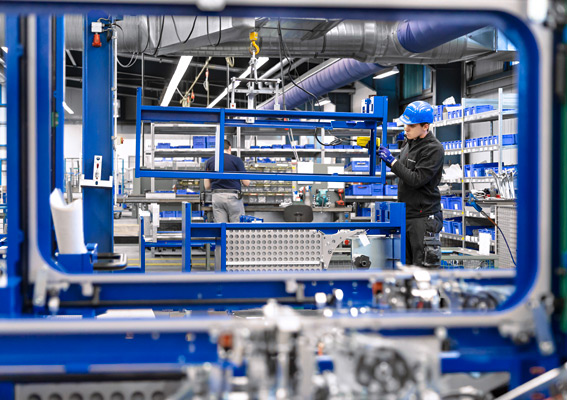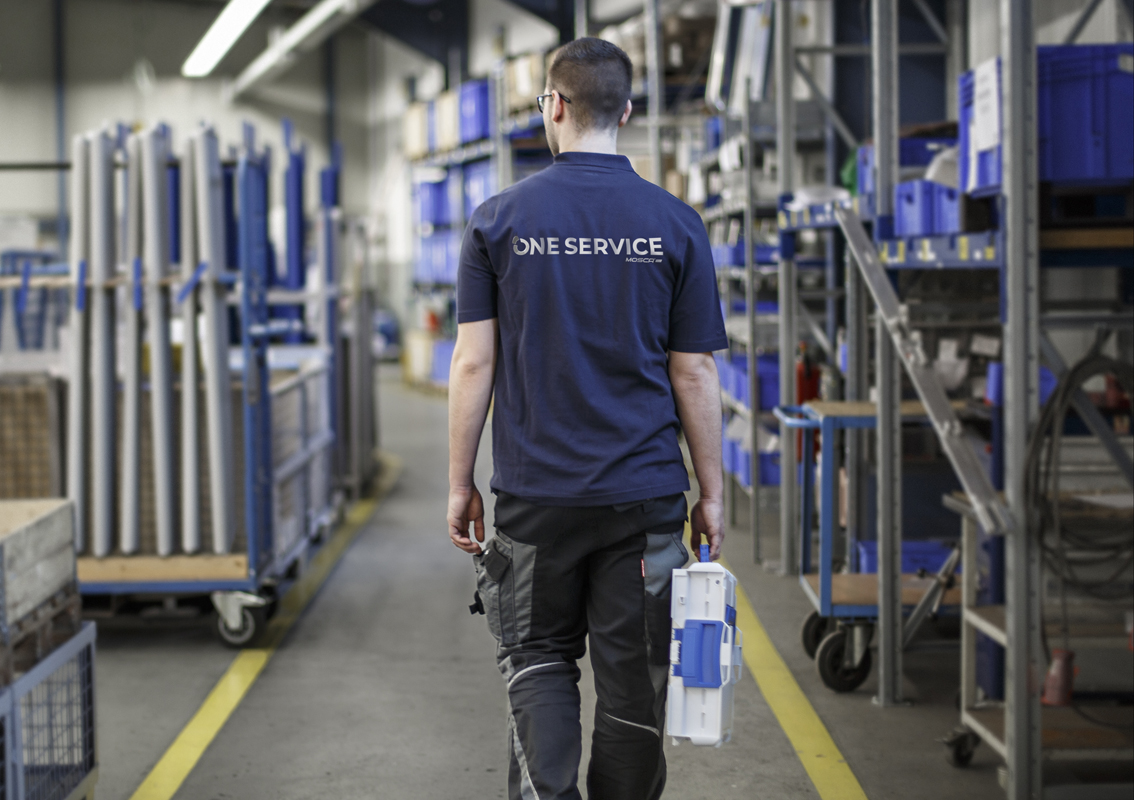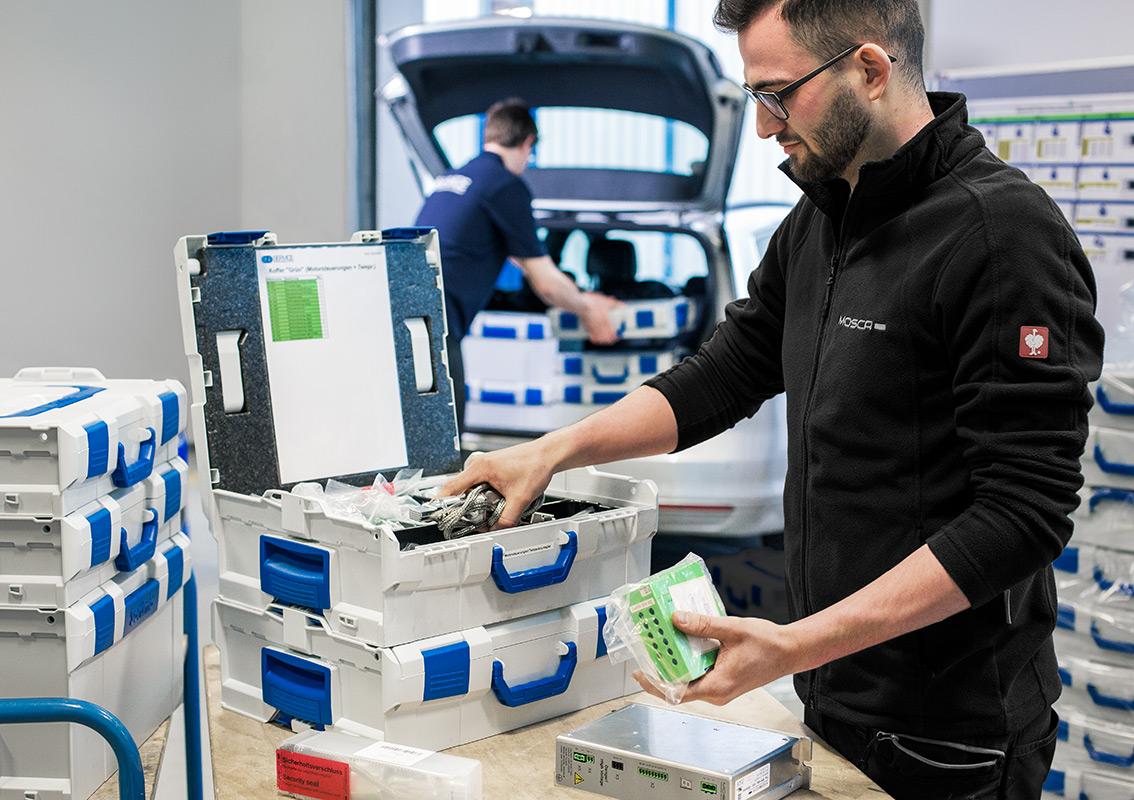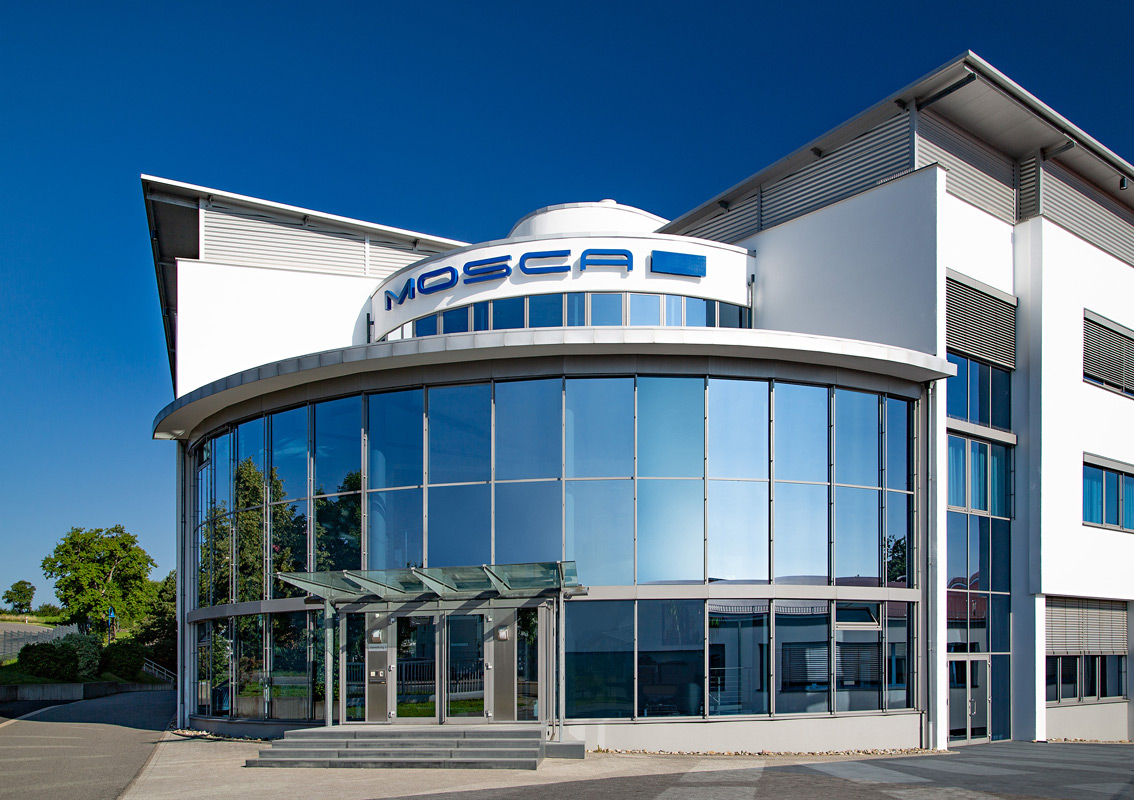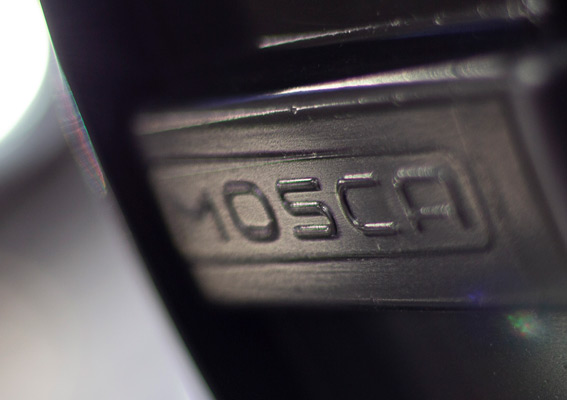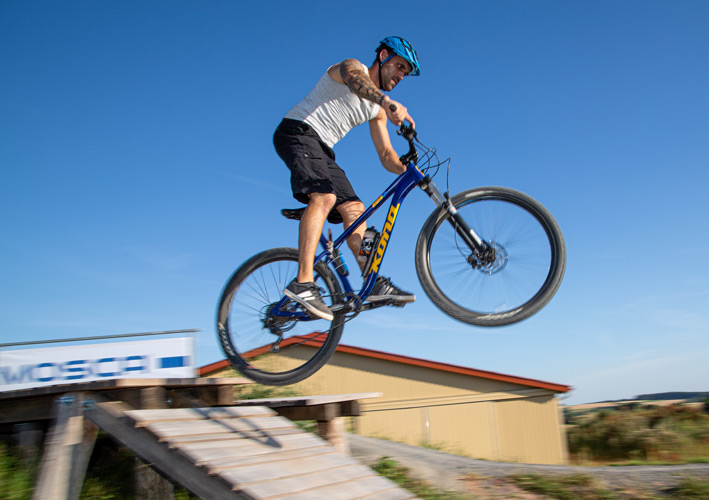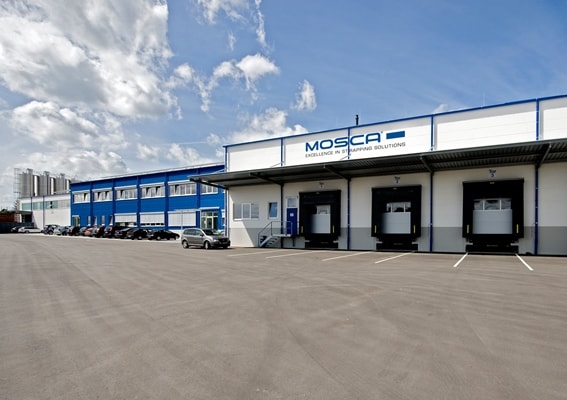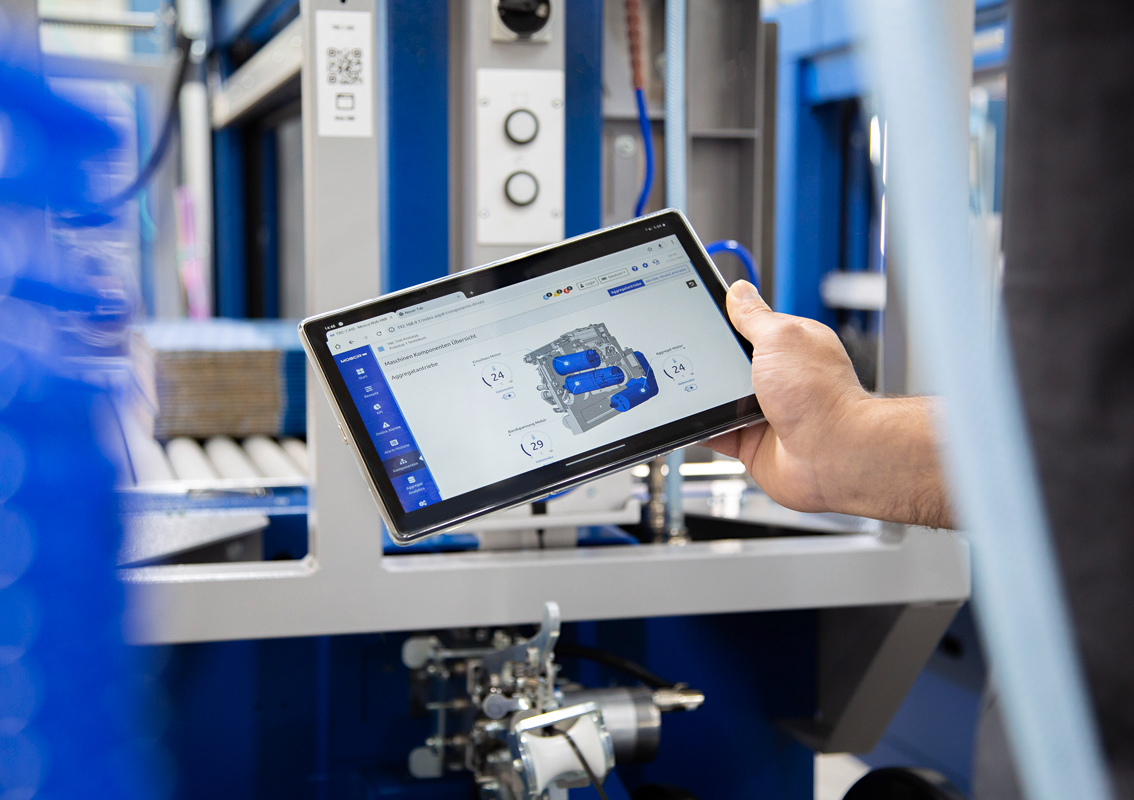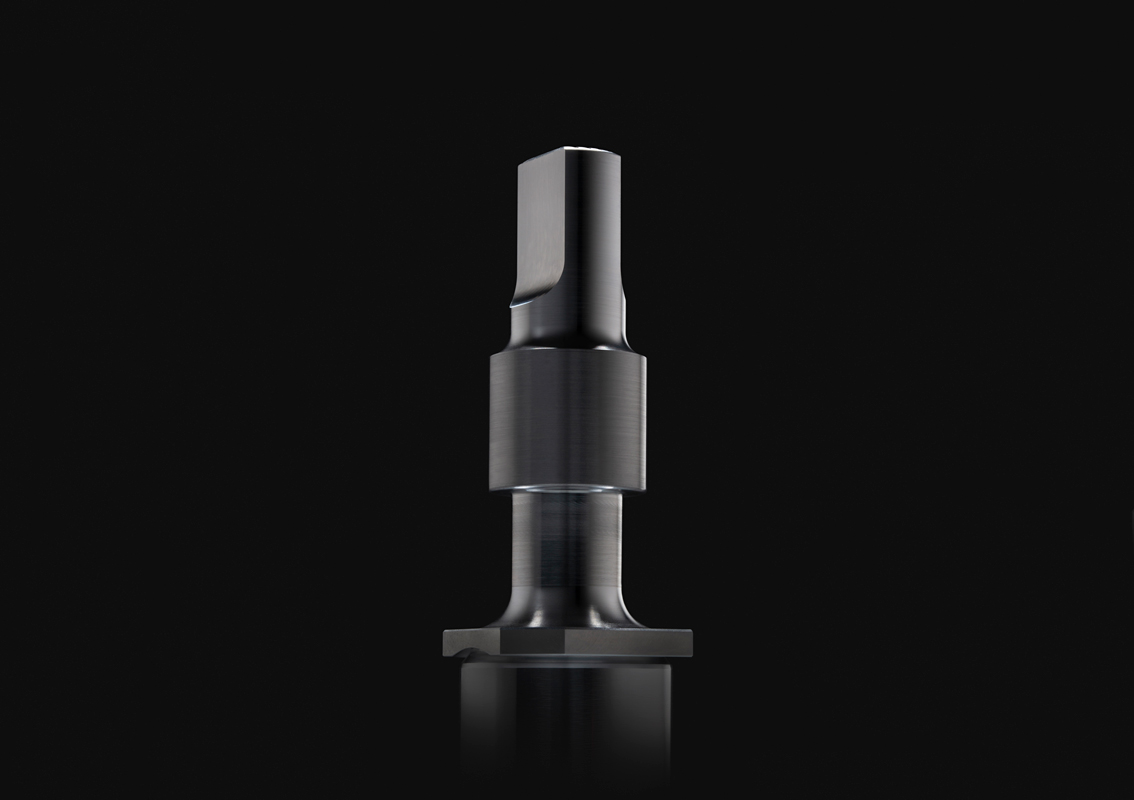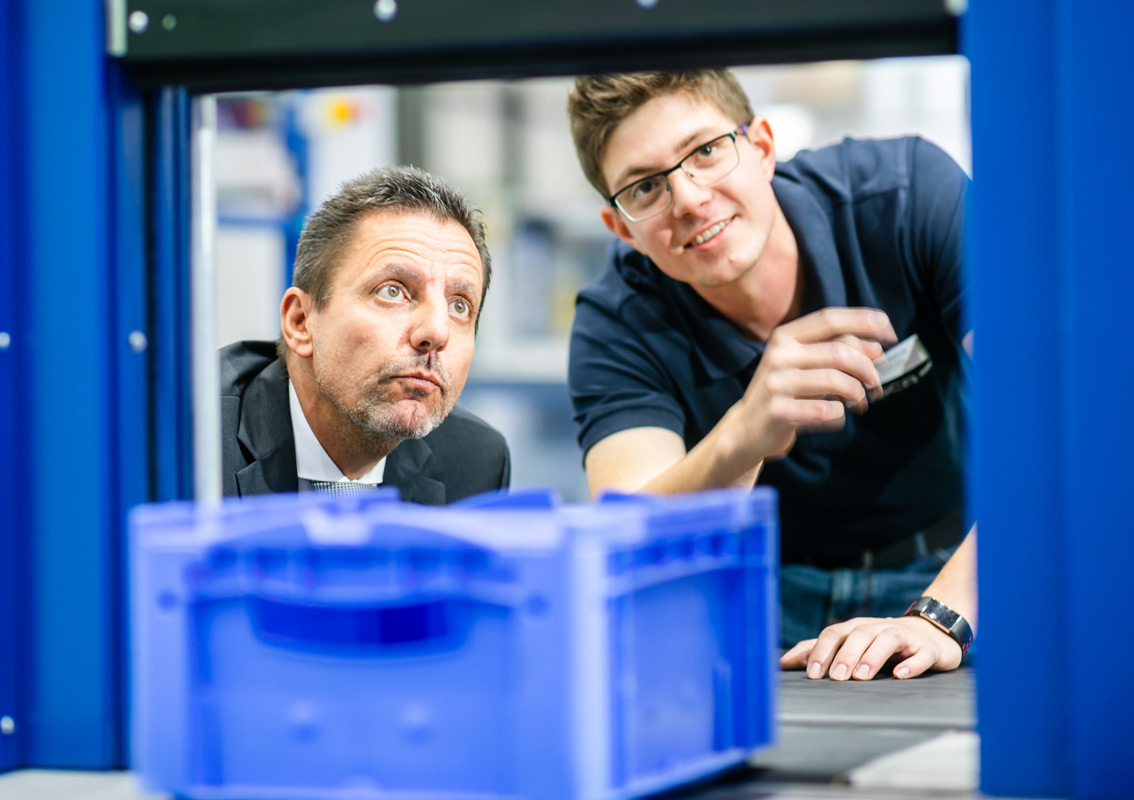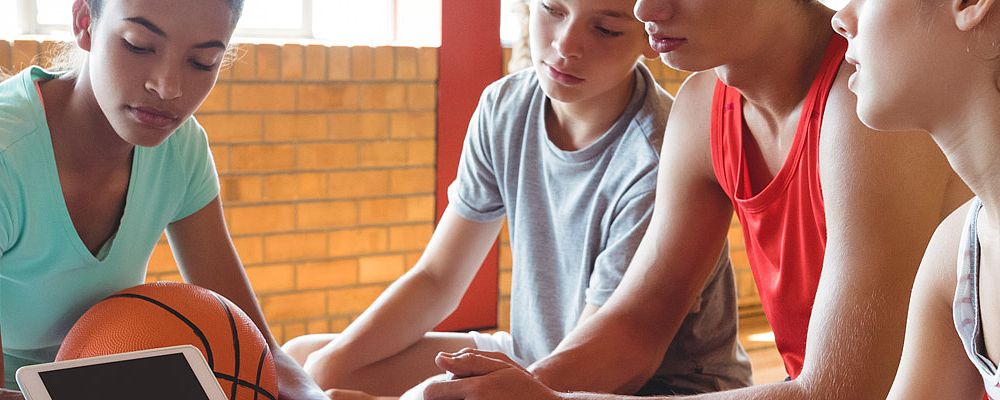-
Solutions
-
Application Solutions
- Application Solutions
-
Closing
-
Bundling
-
Handling Aid
-
Load Securing
-
Virtual Showroom
- Virtual Showroom
-
Intralogistics
-
Corrugated [NEW]
-
- Services
- Company
- Competences
- Mosca International
MOSCA Project Competition 2021 #Digitalisation
Digitization as the key to success: This motto no longer only applies to companies, but also to educational institutions and associations. They offer children and young people as well as seniors the opportunity to learn about digital technologies in a playful way or to find creative solutions to everyday problems. With this year's project competition, we will support this development. "As a system provider for packaging solutions, we advice our customers every day on complex automated and networked industrial applications," explains Managing Director Simone Mosca. “So we know exactly how important it is to use digital technologies competently. This is exactly what the seventh edition of our project competition aims for.” Even if the focus of the challenge changes, its core item remains the same: 10,000 euros will again benefit local projects this year.

Financed projects:
The target of the Förderverein Bildungshaus Am Römer e.V. is to support the education and parenting of children in a way that they are optimally prepared for the challenges of life. This also includes media education - the children are introduced into the media reality and they playfully learn how to deal with it. The kinds of media education are diverse: painting on the computer, taking photos with a digital camera and then editing the pictures, creating a slide show, recording group songs, computer handicrafts and much more. However, all these measures require the suitable technical equipment. A new learning tablet and a smartphone for using apps are supporting these special educational skills. Additionally, a new router ensures faster internet.
The Clemens Brentano School in Neckarelz already ventured towards digitization before the pandemic: A smartboard is already in use in the elementary school, as well as a class set of IPads, which has already proven particularly useful to ensure availability of digital learning opportunities, tasks and online meetings for children in emergency school provision when the school was closed. However, to further use the iPads sensibly in the classroom, additional equipment is necessary: keyboards for writing exercises in the higher classes, pens for writing exercises in the first classes and headphones for learning apps with sound are of great importance. These accessories have now been acquired through the support of the project competition.
As a reference school for media education, the Diedesheim Primary School has been integrating digital media into the classroom since 2016. A computer room was previously used for this purpose. However, to integrate the digital media even more flexibly in the classrooms, the school could now acquire two iPads. Now, teaching projects can also be carried out outside of the computer room, such as the use of self-created images, video or sound recordings.
The Hector Children's Academies offer particularly advanced and highly talented primary school children a special additional education program to foster their skills in addition to regular school lessons. The focus of the program is on the MINT subjects (mathematics, computer science, natural sciences and technology). The range of courses to encourage the interests and talents of the children and create intellectual and social challenges. In the "flying computer room" project, the focus is primarily on computer science. With the help of new laptops, this course can now be offered everywhere and projects such as "programming Lego robots" can be designed flexibly.
In the project “Children, digital media and nature experiences”, the Evangelischer Kindergarten Regenbogen in Eberbach encourages children to develop their language skills in a playful way and to teach them how to reasonably use different media. Nature is the ideal place for children to develop: here they can use all their senses to experience their environment. To record these sensory impressions and further use them for language support, the kindergarten can now use tablets. In the "Change of Perspective" project, for example, in which objects are viewed from different perspectives and described using prepositions, the children have the opportunity to experience individual language support in small groups.
"More time for our children, for our future" is the motto of the St. Marien Kindergarten in Neckarelz. However, it is often exactly what the educators lack in everyday life: time. The administrative tasks in addition to childcare have been increasing for years - from telephone services in the morning for sick reports to keeping attendance lists, information notices for parents and last but not least the coordination of pick-up and drop-off times during emergency care during lockdown times. Thanks to the introduction of the KitaApp in 2021, many of these tasks in the kindergarten have become more efficient and communication between the kindergarten and parents has been simplified. However, the next step in creating even more time for the children was to buy two tablets. The educators can now use the app directly in the group room, view sick leaves or take and save photos.
Due to its catchment area, about 50 children with migration background visit the Catholic Children Care St. Josef in Eberbach. Some of them do not speak German or only understand a few words, so it is particularly important for the Kindergarden to actively enhance language support. The Polylino learning app can help children in this regard along with the motto: "Because language is the key to the world". The app contains around 600 children's books translated into up to 57 languages. In this way, the children can comprehend the books and understand the direct connection with the German language.
Losing the fear of the internet and technology and gaining confidence in using computers and smartphones – that is the focus of the project “Online Godfathers – Senior Citizens and the Internet” at the Multiple Generations House in Mosbach. The corona pandemic in particular has shown that the Internet can be an important means of maintaining contact with the outside world. Through a mentor program, the seniors are supported 1:1 directly and individually with questions regarding digital media. In addition to this program, the multi-generation house is planning further interactive training sessions, with a smart board offering valuable support.
The Minneburg School in Neckargerach is already well advanced when it comes to digitization: All classrooms are equipped with interactive whiteboards and document cameras, each teacher has its own laptop and the school has reliable WiFi and 32 student tablets or laptops. In the sector ‘Pprogramming and robotics’, four kits for classes 3 and 4 are available enabling the children to build simple robots and program their movements using an app. However, since the "Scratch" programming language is still too difficult for classes 1 and 2, the school purchased so-called Bee-Bot sets to introduced the lower classes to this topic. Bee-Bots are small robots in the shape of a bee, whose movement can be programmed by buttons. In this way, the children are introduced and well prepared for later projects in the field of programming.
Who doesn't know it from school days - the overhead projector. This era should now be over at the Nicolaus-Kistner-Gymnasium in Mosbach. With the support of the digital package, the school has already switched to digital: WLAN is available in half of all rooms, short-distance projectors and Apple TVs have been installed and iPads have been purchased for use in the classroom. Appropriate bases for the tablets are required to convert the projections on the wall to the latest media technology. Experiments, student notes or educational games can be transmitted to the wall via airplay.
Training young referees is all about eradicating mistakes and gaining confidence. The junior referees are currently being accompanied at referee games and thereafter coached. However, minor errors could often be corrected directly during the running game. The Odenwald Referee Association can now use headsets in their trainings, so that experienced referees can give tips in live game situations and, if necessary, answer questions quickly. This simplifies the training of junior referees and builds up self-confidence during the running game.
The project "Clever minds – now I get it" has been around for 10 years now. Fourth-grade students with their own bicycles meet their parents and teachers at the traffic training area in Neckarelz or Buchen. In the dark, the children carry out a skill course, which should make them aware of how little you can see in the dark despite a bicycle light. This is followed by a demonstration of the NOK Traffic Watch supervisors, who demonstrate the important role of reflectors on bicycles, clothing and helmets. By using a laptop and a beamer, these lifesaving instructions can now not only be presented to the children verbally and practically – as before – but also visually.
The technical requirements have already been established, now the related software has to be added: The Primary School in Schloßau was able to put the online platform ANTON online platform through its paces in the test version and decided to purchase the school license. The platform offers teachers important assistance when it comes to setting tasks for students, communicating with them, preparing own tasks and tracking the learning development of individual children.
Mosca's road to the future!
 Mosca International
Mosca International
 America
America Asia
Asia Australia
Australia 中国
中国 Deutschland
Deutschland Suomi
Suomi France
France Great Britain
Great Britain Indonesia
Indonesia 日本
日本 Malaysia
Malaysia Nederland
Nederland Mexico
Mexico Polska
Polska España
España ประเทศไทย
ประเทศไทย Magyarország
Magyarország
